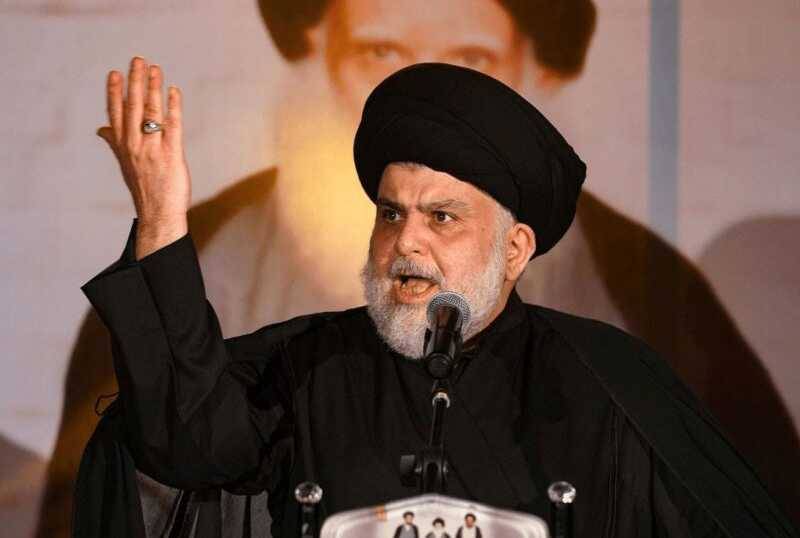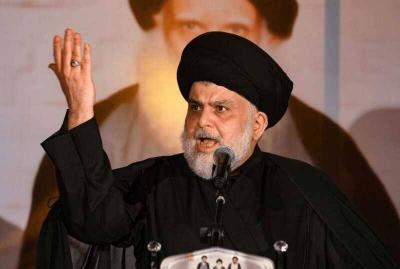Thursday, 13/10/2022, in Iraq was marked by several notable developments and transformations. After Abdul Latif Rashid was elected as the President of the country following a year of delays, procrastination, and disputes, he appointed Mohammed Shia Al-Sudani as Prime Minister. Al-Sudani now has 30 days to form his government, but all eyes are currently on the leader of the Sadrist movement, Muqtada Al-Sadr, who previously announced his withdrawal from political life after asking his 73 deputies to withdraw from parliament and submit their resignations. The stance of the powerful Shia leader regarding recent developments remains unknown, as he has demonstrated in recent weeks his ability to disrupt the political scene by mobilizing tens of thousands of his supporters to take to the streets.
Implicit Approval or Escalation?
Commenting on this issue, political analyst Ali Al-Baydar observed that there are two scenarios: the first is implicit approval from the Sadrists that guarantees them “a number of ministries, including two sovereign ministries.” He suggested that the option of approval is more likely to be realistic, while indicating that the other option is escalation, according to what was reported by AFP.




